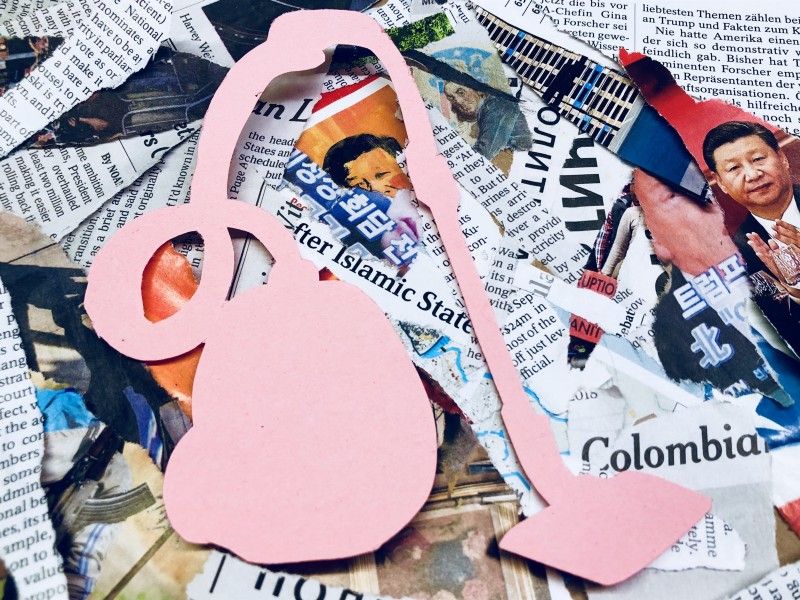Vacuums. Great for picking up dust, powering vintage amplifiers, or running a 27-mile long pre-war New York mail delivery system straight out of Jules Verne. But when it comes to political stability or defense of national interests, vacuums can be a challenge. Here’s a look at three spots around on the world where the void is the problem…
In Colombia, the demobilization of thousands of FARC guerrillas under the 2016 peace accords has left a power vacuum in parts of the country that narco-traffickers and other guerrilla groups have hastened to fill. Re-establishing state authority over these areas is indispensable to any serious effort at implementing the peace accords, which are already a deeply polarizing issue in the country as it heads for the second round of presidential elections in June.In Syria, meanwhile, ISIS has lost almost all of the territory it controlled in the eastern reaches of the country, but no one has stepped in to govern. Notwithstanding its hideous and fanatical brutality, ISIS did run a real “state” replete with ministries, taxes, and even a DMV, as an extraordinary recent investigation showed. With no one around to provide basic services and security, ethnic and sectarian tensions are on the rise — until someone steps in to sustainably fill the power vacuum there isn’t a prayer of seeing stability, let alone peace, in Syria.
Lastly, a vacuum of a slightly different sort as US lawmakersadvance new legislation that would substantially increase Congress’s power to review and block foreign investment in critical industries. The move doesn’t explicitly target any particular country, but the intent is clear: Senator John Cornyn sounded the alarm about China’s bid to, in his words, “weaponize investment in order to vacuum up all of our advanced technologies.”
